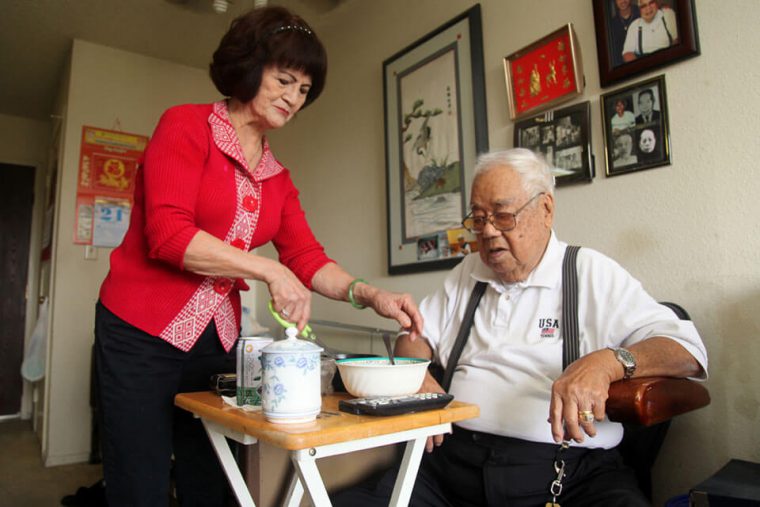Lack of planning and underpaying In-Home Supportive Services providers left vulnerable populations without 132 million hours of care over five-year period
SACRAMENTO – A report released yesterday by the California State Auditor found that the state and counties have failed to adequately plan for and fund the In-Home Supportive Services (IHSS) program, a crucial program that provides home care services to more than half a million low-income seniors and people with disabilities throughout California.
The report, requested by UDW/AFSCME Local 3930 and Assemblymember Tasha Boerner Horvath in 2020, found that over a five-year period:
- Each month, 40,000 Californians approved for IHSS did not receive care – deprived of 132 million hours of care in total
- All counties failed to adequately plan to ensure this care was provided, and the state failed to enforce this legally-mandated planning
- 63% of counties reported not having the required number of caregivers to provide this care
- Statewide, no IHSS caregiver earned a living wage, and 32 counties transitioned to paying caregivers minimum wage instead of raising wages to match the cost of living
“This report paints a tragic and unconscionable picture of what’s happening to this state’s seniors and people with disabilities, but it’s nothing UDW members don’t already know,” said UDW Executive Director Doug Moore. “In nearly every county IHSS providers have struggled at the bargaining table for the smallest of wage and benefit increases while our neighbors and community members who need care suffer. This has to end.”
The report also found that IHSS provider wages, on average, are just 58% of what constitutes a living wage. Precise numbers vary across the state and the starkest contrasts are seen in counties like San Diego.
“I make just above minimum wage for the care I provide,” said UDW President and IHSS provider Editha Adams, who lives in San Diego County. “The cost of living here is over $24/hour. How am I supposed to provide for my family? How are we supposed to attract more caregivers to this job?”
“This report paints a tragic and unconscionable picture of what’s happening to this state’s seniors and people with disabilities, but it’s nothing UDW members don’t already know”
UDW Executive Director Doug Moore
The report stressed that the number of Californians who need care is only growing, and is expected to increase by 52% to 900,000 by 2030. Demographic shifts mean that there will be fewer family members available to provide unpaid care, and the need for qualified, well-paid caregivers will only increase. Meanwhile, the majority of California counties have transitioned to paying IHSS providers minimum wage, rather than higher wages.
“I’m in Kern County, where we haven’t seen a wage increase in five years,” said Yesenia Martinez, an IHSS provider who cares for a low-income senior in her community of Rosamand, CA. “We’re essential workers in a pandemic, and yet the county insists that they can’t pay us more. It’s demoralizing. We just want to make sure our clients are taken care of and that we can pay our bills and put food on the table for our families. That’s not too much to ask.”
The report also found that low-income seniors and people with disabilities who qualify for IHSS experience severe delays; it takes 72 days on average for their applications to be approved, and more than three months to be matched with an IHSS caregiver and begin receiving care.
“Counties are creating this care crisis by not adequately planning for or funding this program, and the State needs to hold them accountable while ensuring a funding structure that incentivizes a living wage for providers,” said Assemblymember Tasha Boerner Horvath. “It’s up to all of us—the state, the counties, and lawmakers like me—to fix this. We need to invest in IHSS and the workers who make it happen, so that every Californian who needs long-term care can receive it.”
